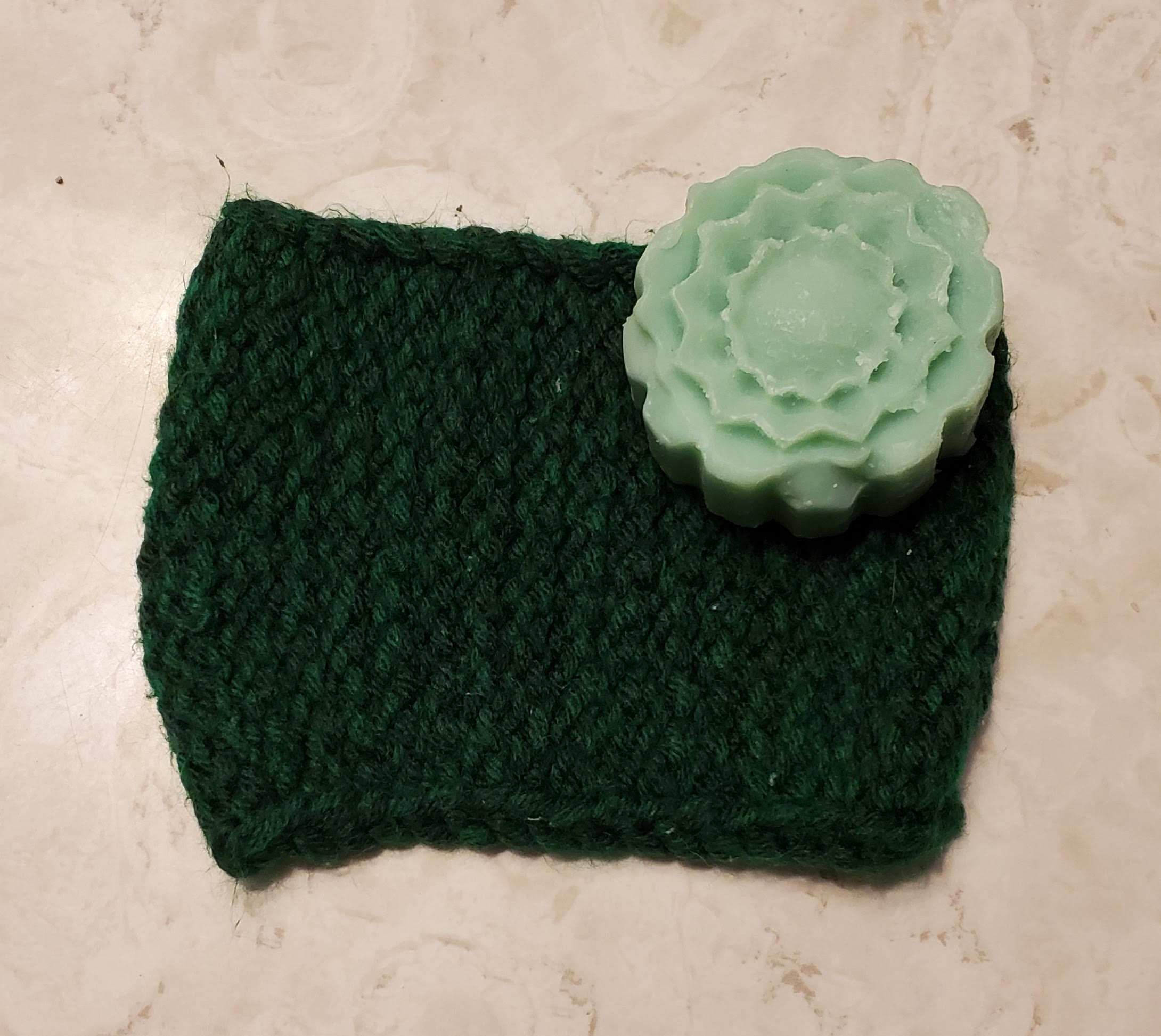I have been asked the question, “Is getting a trademark worth the money?” a lot lately. Companies are trying to protect their assets and their budget. They want to spend their money wisely so they rightly ask if this is a good use of it. Now, I always laugh a little and remind them that they are asking a trademark attorney if a trademark is a good idea so I may be a bit biased, but it is still a very good question and an even better analysis.
If you have talked to me at all about this, you know what my first answer is. It is any attorney’s two favorite words: It depends. It depends on your business, your strategy, your budget, your trademark, and your astrological sign. OK, maybe not the last one, but definitely the first ones and a bit more. And there we go! Look at your business and your budget and decide. Blog over! But for those who might need a bit more help, let’s pull those apart a bit more over the next few weeks.
Let’s pretend that you and I started a business offering premier handmade washcloths (now that we’ve learned how to knit and crochet while being safer at home, of course) and called it SCRUBBIEDUBS. We are selling like mad here in Madison, Wisconsin, and oddly in Wausau, too. But nothing outside of Wisconsin. And by “selling like mad,” I mean that we earn enough to buy more yarn, but this is unlikely to cause a venture capitalist to offer us seven digits to expand worldwide.
So is it worth registering SCRUBBIEDUBS? First, let’s be clear. You do not need to have a federal trademark registration to gain trademark rights. You can have “common law” rights. Trademarks begin to accrue goodwill for their owners as soon as customers have the chance to connect the goods or services to the source of those goods or services. So we can do SCRUBBIEDUBSTM right now and stop there.
In fact, if we are only selling in Wisconsin, that may be as far as we go. Well, we can file a Wisconsin trademark application, but it doesn’t really get you many more rights so we’ll save that for a later post. What I’m trying to say is that we can’t file for a federal registration because there is no interstate commerce a/k/a we aren’t selling over state lines. If we were selling beer or something else already regulated federally, that is a different story. But for now, as far as I know, there is no federal oversight of knitting.
Let’s say we get really successful, though, and stores in Rockford, Illinois; Dubuque, Iowa; and Duluth, Minnesota start ordering. And our Etsy store takes off. People are driving from the UP to pick up our limited editions. I’m telling you, these are premier washcloths. We now have interstate commerce. That means we are at least eligible for federal registration, but it is a choice if we should go for it.
To recap, the first step is to see if we even CAN apply for registration. Do we have more than a local or in-state presence? If not, then there’s no need to proceed further in the analysis. If we do, then we can look at what we want to do with our mark and our business.

